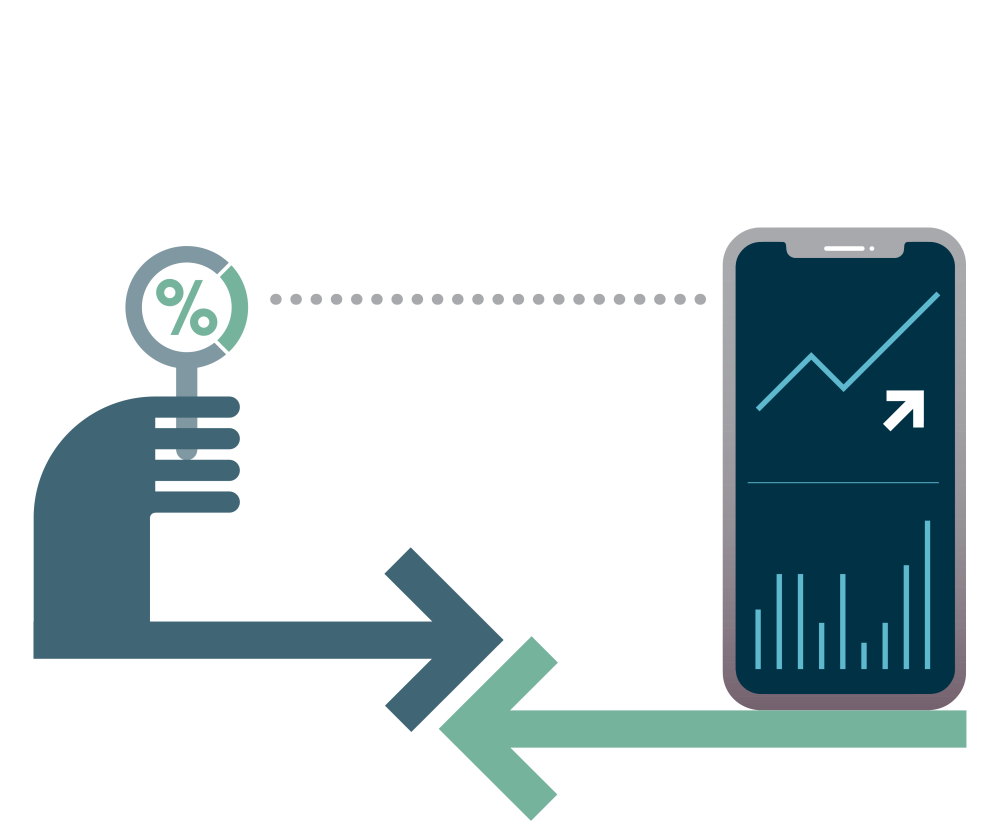2024 review

Challenges in 2024
Overview
The transactional market in 2024 faced significant challenges. High interest rates and inflation complicated dealmaking, especially where bank financing was needed, such as leveraged buy outs, and also widened valuation expectations between buyers and sellers and investors and companies.
Stringent regulatory scrutiny hindered large transactions, and some larger transactions were shelved to avoid anti-trust scrutiny, and several jurisdictions struggled with unclear foreign direct investment (FDI) laws and guidance.
Macroeconomic uncertainties and political instability led to cautious market sentiment, impacting dealmaking activity and particularly cross-border deals. Some deals were put on hold ahead of national elections or pending the formation of governments; others were expedited for fear of increased capital taxes.
Many strategic acquirers have been more inwardly focussed, servicing their own debt, restructuring or reorganising, and when they were interested in dealmaking, they were very selective about potential targets.
With cautious buyers and investors and complex regulatory backdrops, dealmakers had to navigate complex due diligence and negotiations.
In private equity, increased competition for high-quality assets led to intense bidding wars and higher entry multiples. In the VC space, competition for fundraising among emerging companies intensified, with investors favouring startups with experienced leadership and customer-centric solutions.
Market volatility complicated the capital markets landscape, making it difficult for companies to time their public offerings and launch successful IPOs.

What have been the biggest challenges in the transactional market in your jurisdiction in the last 12 months?

Belgium
The biggest challenge in the past year has been the ongoing macroeconomic instability which has led to a decrease in overall transactions. Conflicts in Ukraine and the Middle East also tempered the general economic outlook. Valuations have been more challenging, and transactions have taken longer to complete. Financing has been difficult for private equity as borrowing has been more expensive, though interest rates have decreased a little. Corporates that are highly leveraged have had less funds to undertake acquisitions and have needed to focus on servicing their own debts. In the venture space, profit margins have become important parameters, hindering the ability of start-ups to raise funds.
The elections and ongoing negotiations to form a new federal government caused entrepreneurs to adopt a "wait-and-see" approach, specifically due to the envisaged capital gains tax increases.

France
The main challenges in the M&A market in France over the last 12 months have included significant valuation gaps between buyers and sellers, making it difficult to close deals, political uncertainties, particularly linked to the dissolution of the French Assembly and the European and legislative elections, leading to hesitation among foreign investors and economic constraints such as inflationary pressures and interest rate volatility, impacting investment decisions.

Germany
Germany has come up against similar economic challenges as the rest of Europe, namely inflation, elevated interest rates and tough trading conditions with the prevailing geopolitical issues. These conditions have caused difficult negotiations over getting the right purchase price. In Germany, FDI has become a larger topic in the last 12 months, particularly for US and other foreign buyers. In venture capital, the increase in interest rates was particularly problematic and there was less capital available. Less investments from US funds were seen, with those investors tending to focus on domestic start-ups instead.

India
Indian sellers' valuation expectations remained high due to significant competition and investment interest. This valuation gap was partly due to cultural differences regarding compliance; Indian businesses often overlooked non-compliance, while overseas investors viewed it as a valuation issue. ESG concerns also created a disconnect, especially with institutional investors.
Regulatory changes affected deal timelines. The dematerialisation of shares law required all companies to use dematerialised shares, causing delays, with only a few small companies being exempt. There was increased scrutiny of companies with links to bordering countries like China, affecting some deals due to regulatory restrictions. Merger approval timelines, which were previously long, slightly improved due to regulatory mandates.
Ambiguities in tax rules led to officials being cautious about granting reliefs, resulting in many issues being litigated, which prolonged resolution times.

Italy
One frustrating factor for dealmaking in Italy this year has been the "golden power" FDI regulations. They are broad and it can be unclear which sectors are in scope. This has led to an increased number of notifications being made on deals to understand if they are in scope or not. Also, in the TMC sector regulators are issuing a lot of new laws which is causing uncertainty. Interest rates are predominantly a cost problem, particularly for leveraged buy outs and we have seen smaller transactions as a result of the difficulties with funding. The climate of geopolitical uncertainty has led to more prudent investment choices. Notwithstanding these challenges, market and investor confidence has been good.

Poland
Other than in relation to renewable energy and later stage venture and growth capital deals, market confidence levels have not been high due to questions about the economy.

Singapore
The transactional market was quite quiet early in 2024 but has improved in last 8 months with a larger volume of transactions. High interest rates and costs were impeding transactions, and some businesses were undertaking programmes of layoffs to reduce costs. As the year went on, interest rates dropped and the climate is now more business friendly. The Singaporean Significant Investments Review Act 2024 came into force to regulate critical investments to ensure national security but so far this has not had a material impact on our practice in Singapore.

Spain
One of the biggest challenges earlier in the year was high inflation and interest rates which has made financing deals harder and caused a downturn in activity. The main issue in the second half of the year has been difficulties with valuations. Some deals have fallen apart due to valuation gaps, others have taken longer to get to closing, and generally more due diligence has been undertaken, also extending time timetables. We are, seeing that the market is starting to pick up as we go through Q4 of 2024.

Sweden
The first 6 months of 2024 were relatively slow in terms of dealmaking, and the general feeling is that that was due to the valuation gap between buyers and sellers and the lack of cheap financing. We have recently seen better conditions for VC, PE and M&A.
Climate tech transactions are struggling more than a year ago, as Northvolt is in difficulties and the sector relies on it as an indicator of the market. This has caused uncertainty as to the potential for growth in that market.

The Netherlands
In the Netherlands, while the outlook was relatively positive at the beginning of the year, the number of deals has not kept in line with the forecasts. High interest rates have led to tough borrowing conditions and a lack of traditional funding, and in turn this has led to less deals being completed. Deals have taken longer as purchasers and investors have been more risk adverse and sought comfort in detailed due diligence. There have also been less deals as strategic acquirers have been very selective, focussing on profit, efficiencies, and the right fit before pursuing a deal.

United Kingdom
There has been a lack of confidence and uncertainty in the UK transactional market, not least due to high inflation and interest rates and also a mismatch of expectations around valuation. Access to funding for larger deals has been challenging. Strategic buyers have been changing their strategies and being choosier and focussing on shoring up their own businesses first. We have seen an underwhelming financial performance of targets.